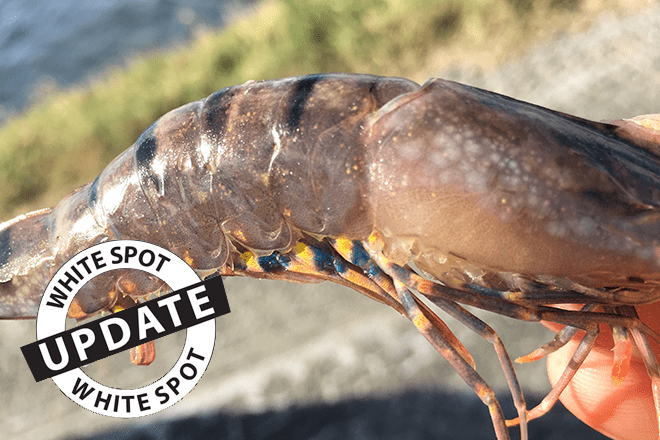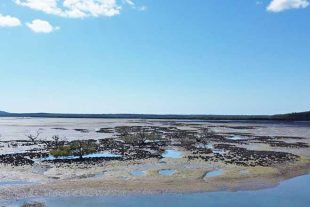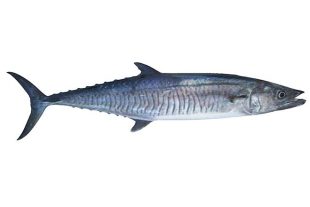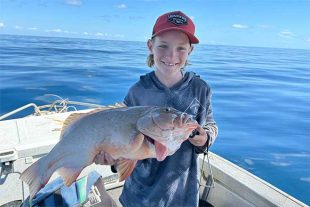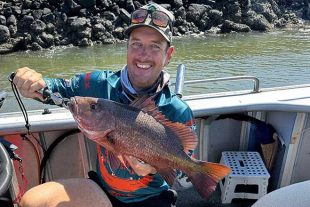
THE Queensland Government today introduced a new biosecurity regulation aimed at strengthening the containment of white spot disease and further protecting Queensland’s multi-million dollar seafood industry.
Chief Biosecurity officer Dr Jim Thompson said this regulation has been introduced to contain white spot disease and prevent further outbreaks. “The new regulation provides a balance between preventing further outbreaks of the disease and allowing commercial operators to continue to do business where their activities don’t pose a risk to the spread of the disease,” Dr Thompson said. “The good news is that raw crabs, lobsters and bugs can now be moved out of the restricted area. These high-value species are caught and sold for the sole purpose of being eaten and therefore the risk of infected animals being returned to natural waterways and spreading the disease is negligible.
“While fishers will now be able to move these exempt species out of the restricted area, anyone wishing to move them interstate must check the importation requirements of the destination state before doing so. We have identified that the movement of raw prawns, yabbies and marine worms poses the greatest risk for spreading the white spot virus and as such movement restrictions will remain in place for those species until we are confident that white spot no longer poses a risk. We have also introduced fishing restrictions within 100m of the inlet and outlet channels and in all drainage channels of prawn farms in the Logan River region. This will provide a level of protection to those prawn farms should the white spot virus be accidentally introduced to that area.”
The Biosecurity Regulation 2017 will provide greater surety for reducing the likelihood of human-assisted spread of the white spot virus while the eradication program and proof of freedom surveillance is undertaken. Movement restrictions continue to apply to crustaceans such as prawns and yabbies as well as marine worms in the designated area from Caloundra to the NSW border. The exemption for low-risk species applies to spanner crabs, three-spotted crabs, blue swimmer crabs, mud crabs, red champagne lobster, slipper lobster, tropical rock lobster, red claw and bugs.
Dr Thompson said surveillance for the white spot virus had been undertaken in natural waterways along the Queensland coast between Caloundra and Cairns, and to date all samples had returned negative results. “While this is good news, we can’t leave anything to chance,” he said. “After witnessing the devastation caused by the white spot outbreak on the seven farms in the Logan River region, it is critical that we put in place mechanisms to reduce the chances of another outbreak.”
The Department of Agriculture and Fisheries remains committed to working with industry to contain the spread of this virus and support business operations and recreational activities in southeast Queensland. More information about white spot disease and the movement restrictions is available on the Department of Agriculture and Fisheries website at daf.qld.gov.au/WSD or by calling 13 25 23.
containment of white spot disease containment of white spot disease containment of white spot disease containment of white spot disease containment of white spot disease
 Bush ‘n Beach Fishing Magazine Location reports & tips for fishing, boating, camping, kayaking, 4WDing in Queensland and Northern NSW
Bush ‘n Beach Fishing Magazine Location reports & tips for fishing, boating, camping, kayaking, 4WDing in Queensland and Northern NSW

